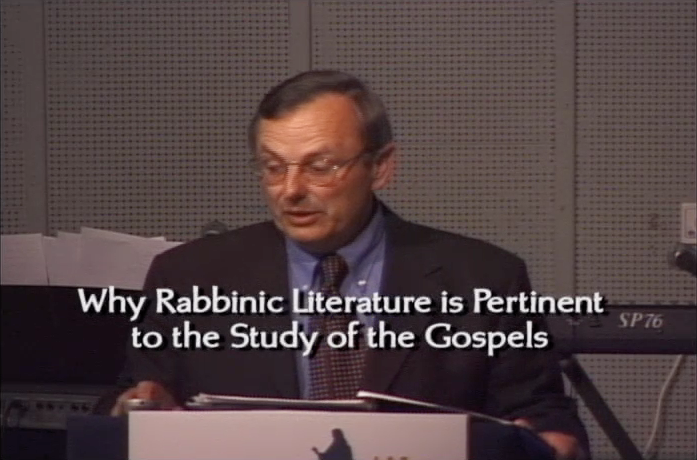The complete 2006 lecture is now accessible to JP users. View now!
Gospel Origins: From a Hebrew Story to the Canonical Gospels
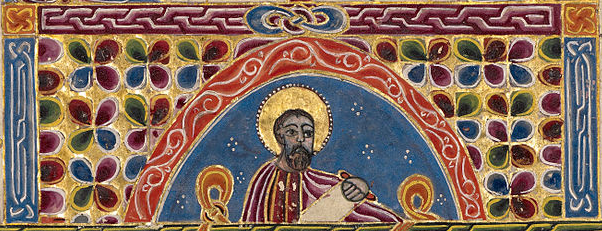
Originally released as a pamphlet entitled The Gospels in 1972, Jerusalem Perspective brings you this discussion of the Synoptic Gospels by Robert L. Lindsey in a newly revised and updated edition. Herein Lindsey critiques the theory that the Gospel narratives were developed orally by Greek speaking Christians in a decades long process. Lindsey argues that there is strong evidence that the material preserved in Matthew, Mark, and Luke descends from a Hebrew document written shortly after the events it describes.
The Gospel of John’s Jewish-Christian Source

In an important study entitled The Gospel of Signs, Robert Fortna correctly identified a Jewish-Christian source embedded in the Fourth Gospel. This article is based upon the conclusions of Fortna’s research and explores their significance. I will also point out additional evidence Fortna overlooked that clarifies the origins and intentions of the Jewish-Christian source embedded in the text of the Fourth Gospel.
Links with Tabernacles and Hanukkah in the Gospel Accounts of Palm Sunday
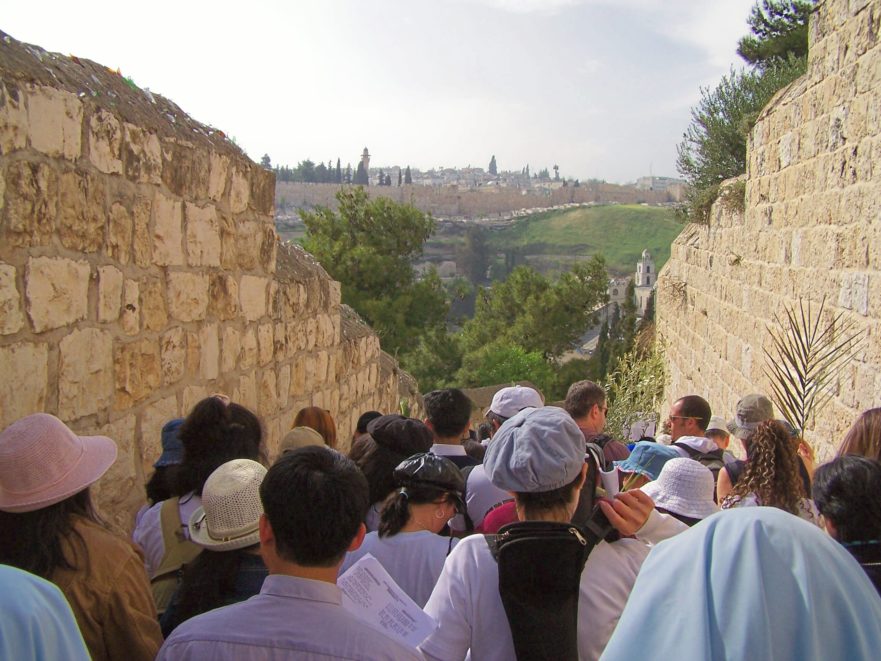
The Gospel writers wished their readers to be reminded of Hanukkah when they read the account of Palm Sunday.
The Statistics behind “The Tomb”

Rather than being treated as liabilities to a statistical study, conjectured details are turned into historical givens and are even factored in as positive data. Consequently, most of the connections made in the documentary fall under the heading of “special pleading.”
Studying the Gospels Synoptically
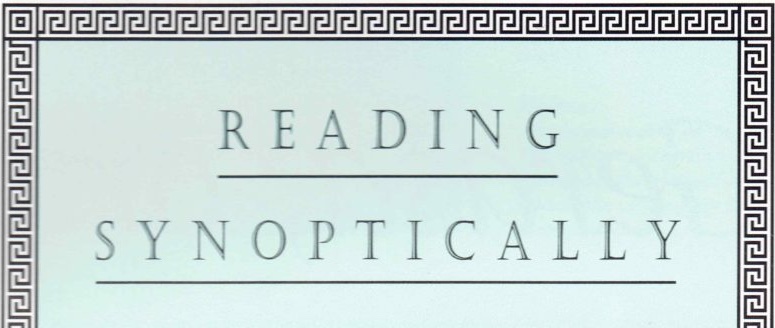
A synopsis allows us to see the differences in each Gospel—which is often valuable in understanding the texts and determining the better readings.
Remember Shiloh!

Without paying attention to ancient Jewish exegesis one can easily miss the full impact of Jesus’ statement, “den of thieves.” Was Jesus solely addressing the vendors, or was he aiming at bigger game?
An Introduction to Synoptic Studies
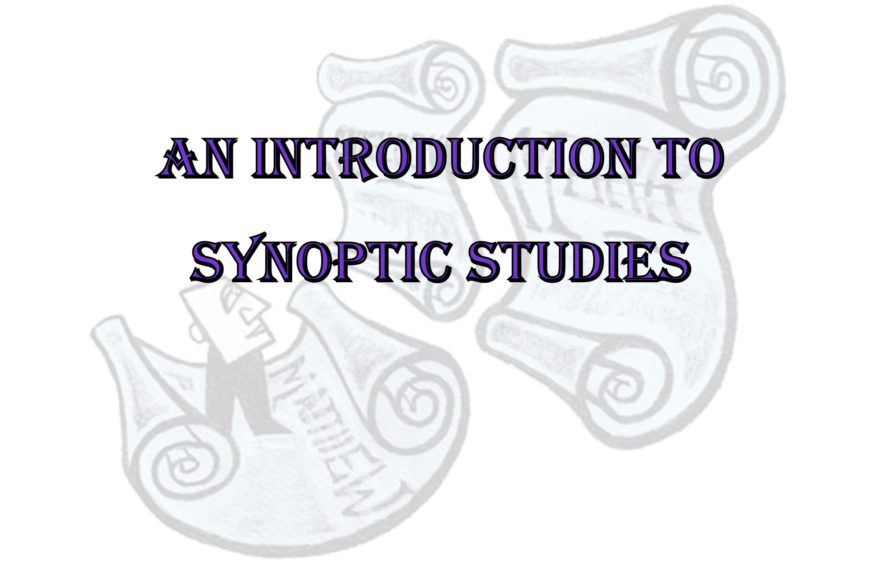
The late Dr. Robert Lindsey, pioneer translator of the Gospels into modern Hebrew, synoptic researcher and pastor of Jerusalem’s Narkis Street Congregation, resided in Israel for over forty years. His discoveries challenge many conclusions of New Testament scholarship from the past two hundred years. Lindsey created a new approach to the study of the Synoptic Gospels. Here, Lindsey provides an introduction to the field of synoptic studies and the “Synoptic Problem.”
Scholarly Assumptions about the Historical Jesus
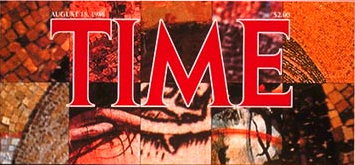
Many scholars today feel that it is impossible to know what the historical Jesus really said.

